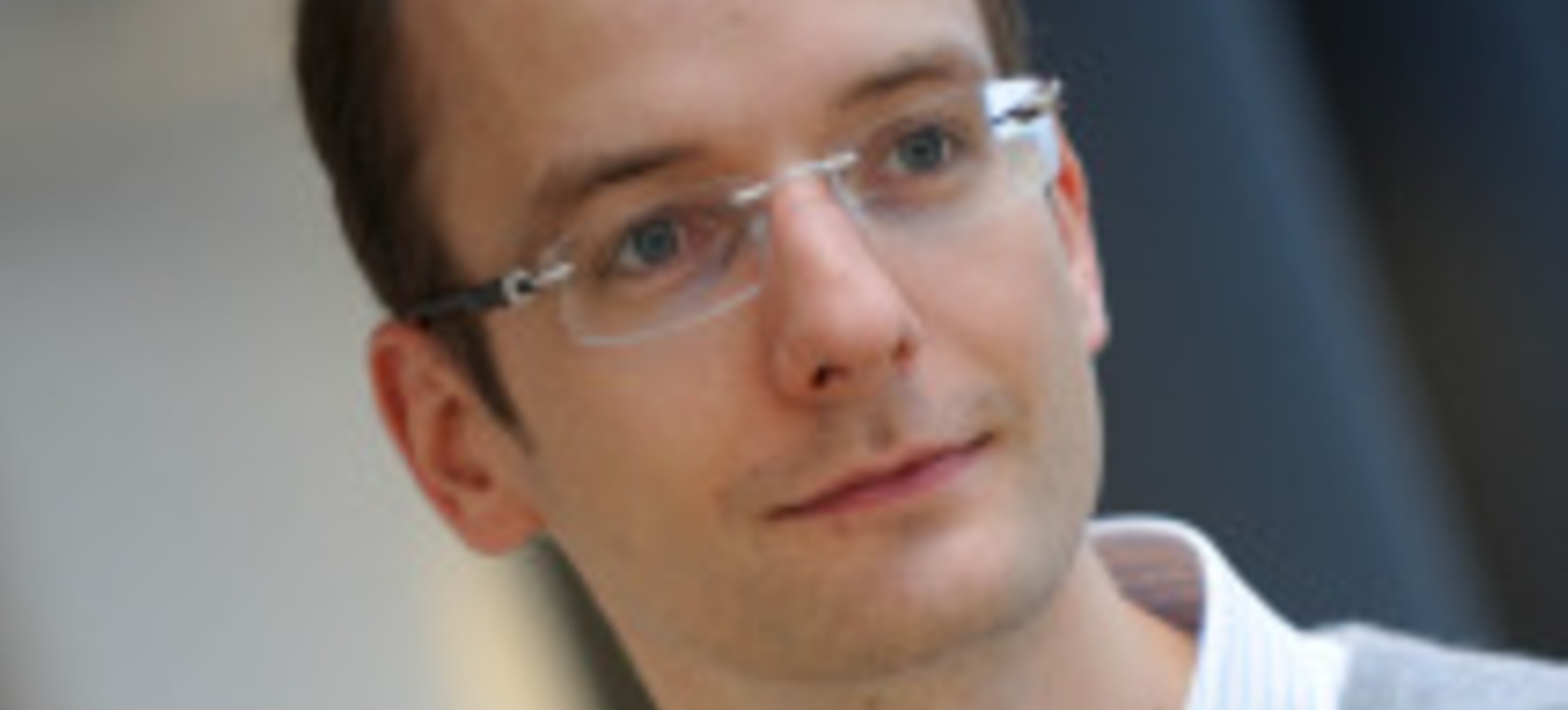
- WBS part of €2.1 billion air safety and pollution project
- Awarded €535,000 grant, Arne Strauss will lead research group
- Dr Strauss' team will look to improve air traffic control in EU
- EU skies some of busiest in the world
Warwick Business School has been included in a €2.1 billion project to improve air safety and pollution levels in the European Union.
With up to 33,000 flights a day in the EU it is predicted that figure will double by 2020, while the current European air traffic management system costs up to €3 billion more than other similar systems in the world every year.
The Single European Sky (SES) initiative has been set up to develop a new air traffic management system to control Europe’s skies to improve safety while cutting costs and lessening the impact of flights on the environment by 2020.
Arne Strauss, Associate Professor of Operational Research at WBS, has won a large slice of a €535,000 grant to lead a team of academics covering economics, engineering and operational research from the University of Warwick. They will work with the University of Belgrade, Serbia, and University of Applied Sciences Worms, Germany, to improve air traffic control within the EU, which boasts some of the busiest skies in the world.
Dr Strauss said: “Many of these 33,000 flights are flying inefficient trajectories because they want to avoid airspace sectors that incur high charges; and these charges are currently set by national authorities.
“If instead a central manager could make pricing decisions on trajectories over the entire European airspace, one should be able to achieve more environmentally-friendly flight services, as well as a lower cost of air navigation service provision.”

Clear skies: Dr Strauss' team will look to improve air traffic control within the EU
The team will assess the degree to which economic incentives and variable pricing mechanisms can be used to help balance demands on the system and move planes to sectors with spare capacity at peak times.
“Air navigation service providers plan their capacities weeks and months in advance, with only very limited and costly possibilities to adjust those at short notice,” added Dr Strauss. “On the other side, aircraft operators attach great value to flight planning flexibility and tend to file their route choice decisions only hours before the time of departure.
“Essentially, we intend to address this imbalance by applying similar techniques as currently used by airlines to manage demand from passengers booking flights.
“My team at Warwick will contribute the operational research modelling capability, specifically the trajectory price optimisation algorithms, models of the airline's choice of trajectory for a given flight, as well as mathematical procedures on how the envisioned central network manager should order airspace capacity. Finally, we will evaluate the developed algorithms in simulation studies.”
Arne Strauss teaches Pricing & Revenue Management and Text Analytics on the MSc Business Analytics.




 X
X Facebook
Facebook LinkedIn
LinkedIn YouTube
YouTube Instagram
Instagram Tiktok
Tiktok